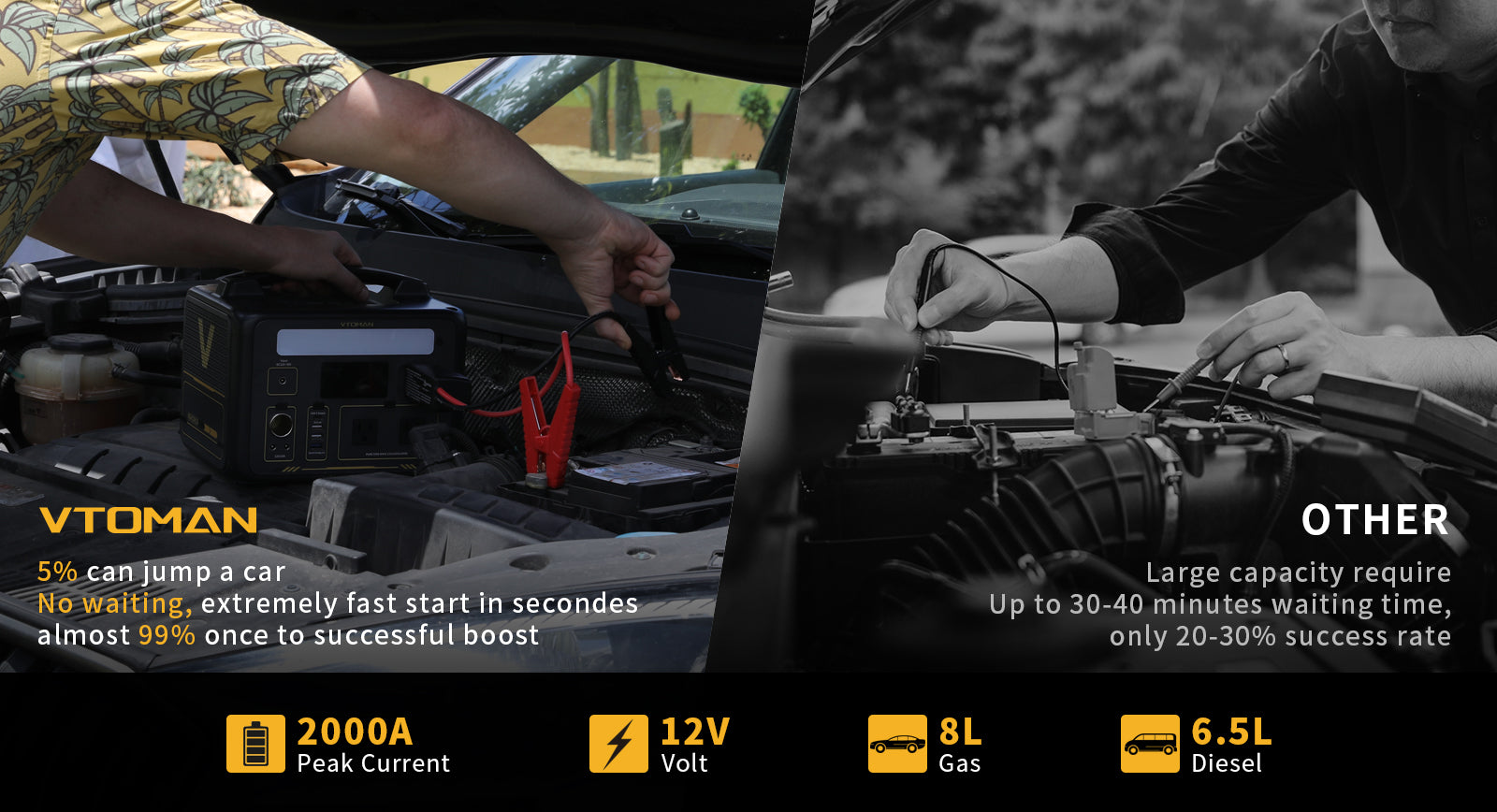Are you considering investing in a reliable and convenient alternative energy source? If so, you may find yourself faced with the dilemma of choosing between portable power stations and traditional generators. Both options have their advantages and disadvantages, but ultimately, the decision depends on your specific needs and preferences.

What's the Difference?
To begin with, it is important to understand the fundamental difference between portable power stations and traditional generators. Portable power stations are compact, lightweight devices that store electrical energy for later use. They are typically powered by rechargeable batteries, solar panels, or a combination of both. On the other hand, traditional generators are larger, more powerful machines that generate electricity by burning fuel, such as gasoline or diesel.
Advantages of Portable Power Stations
Portable power stations offer several distinct advantages over traditional generators.
1. Portability and Convenience
As the name suggests, portable power stations are designed for easy transportation. They are compact, lightweight, and often equipped with handles or wheels for added convenience. This makes them perfect for camping trips, outdoor events, or any situation where access to electricity is limited.
2. Noise and Emissions
One of the major drawbacks of traditional generators is the noise they produce. Portable power stations, on the other hand, operate silently, making them ideal for use in residential areas or during nighttime activities. Furthermore, they do not emit harmful fumes or require any fuel, resulting in a cleaner and more eco-friendly energy solution.
Advantages of Traditional Generators
While portable power stations offer numerous benefits, traditional generators also have their place in certain situations.
1. Power Output
Traditional generators are capable of delivering a higher power output compared to portable power stations. This makes them suitable for powering heavy-duty equipment, large appliances, or even an entire home during a power outage. If you have high electricity demands, a traditional generator might be the better option for you.
2. Longer Runtime
Another advantage of traditional generators is their longer runtime. With a constant fuel supply, they can operate for extended periods without the need for recharging or refueling. This can be particularly useful in situations where continuous power is required, such as construction sites or remote locations without access to electricity.
Which is Right for You?
Deciding whether a portable power station or traditional generator is right for you ultimately comes down to your specific needs, preferences, and intended usage. If you prioritize portability, convenience, and a quiet operation, a portable power station may be the ideal choice. On the other hand, if you require a higher power output and longer runtime, a traditional generator might better suit your needs. Consider the nature of your activities, the amount of power you require, and your environmental concerns before making a decision.
Conclusion
Both portable power stations and traditional generators offer their own unique set of advantages and disadvantages. By understanding the key differences and considering your individual requirements, you can select the right alternative energy source for your specific situation. Whether it's a camping trip, a construction project, or preparing for a natural disaster, having a reliable power source is essential.








